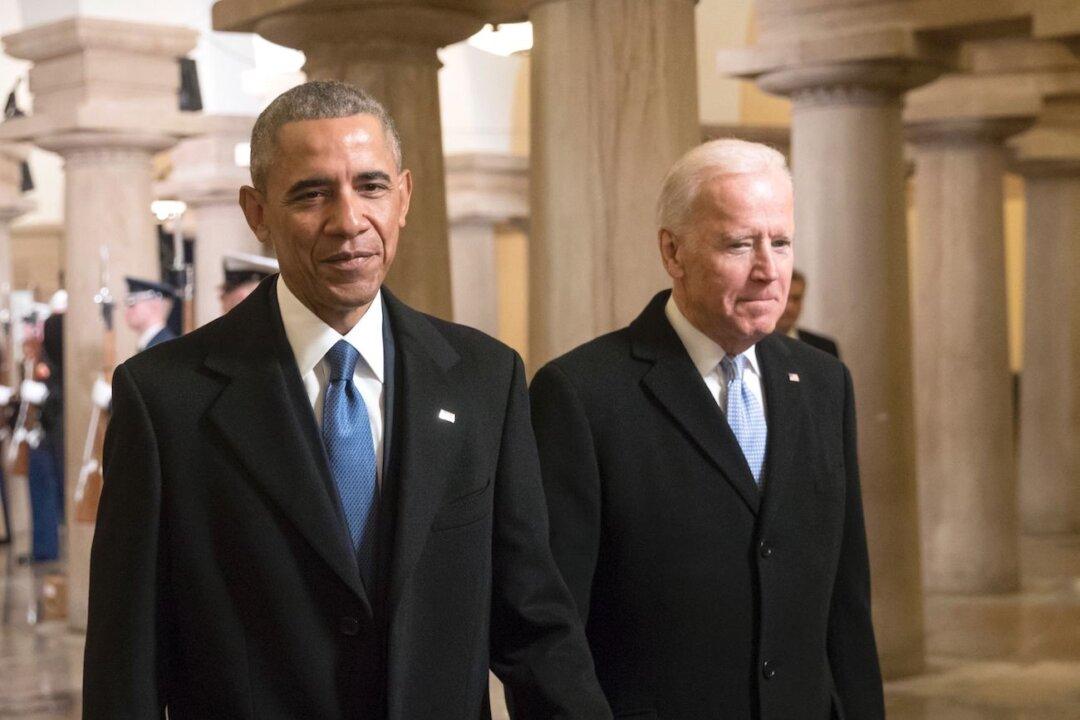Commentary
The great debates of our time are not exclusively those hard-hitting ones affecting human anthropology and political community—how many genders exist, what criteria we should look for in prospective immigrants, and so forth. Certainly, many of our most notable debates do implicate those most foundational rifts. But some of our other most politically urgent and galvanizing disputes revolve less around substantive questions, such as the nature of justice, than they do around one of the oldest procedural questions in the history of political science: “Who decides?”





